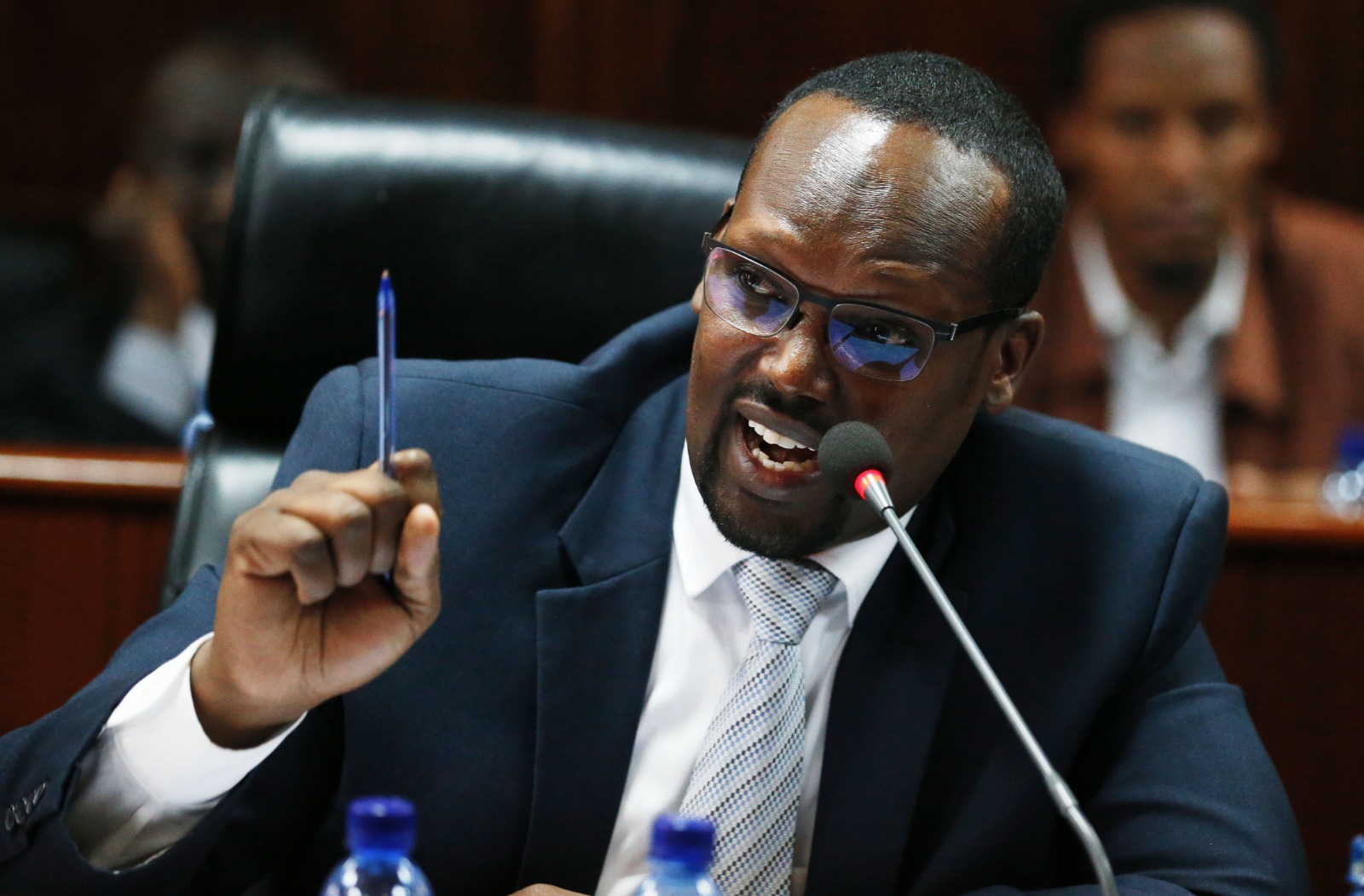

County governments are poised for a major setback in their push for enhanced revenue allocation in the upcoming financial year, as delicate mediation talks start in Parliament.
On the first day of joint negotiations between the Senate and the National Assembly, senators made a significant concession, reducing their proposed allocation to counties from Sh465 billion to Sh435 billion—a Sh30 billion cut that delivers a major blow to the devolved units.
In contrast, the National Assembly slightly increased its proposed allocation from Sh405 billion to Sh408 billion—a marginal Sh3 billion increment.
In the current financial year, the counties were allocated Sh387.2 billion.
The mediation committee, co-chaired by Senate Budget and Finance Committee chairperson Ali Roba (Mandera) and his National Assembly counterpart Samuel Atandi (Alego Usonga), comprises 18 members—nine from each House.
The team held its first sitting on Friday, aiming to fast-track the passage of the Division of Revenue Bill, 2025, and facilitate timely disbursement of county funds for the financial year beginning July 1.
As expected, each side held firm.
National Assembly representatives defended their proposal as pragmatic, citing dwindling revenue collection by the Kenya Revenue Authority (KRA).
“Let’s make promises we know we can keep. We must consider how much we can realistically collect and deliver,” Atandi said.
Kilifi North MP Owen Baya warned that overestimating allocations would result in ballooning pending bills and deepen the counties’ financial woes.
“We’ll end up with huge pending bills. The Sh18 billion increase from the previous fiscal year is already substantial,” he argued.
Ndia MP George Kariuki said, “We must ask ourselves what we can afford. Let’s be realistic and operate within our means, even as we push the government to find new ways of raising revenue.”
Senators, however, dismissed these arguments, accusing the national government of centralising funds meant for devolved functions.
Senator Roba said counties are now burdened with non-discretionary expenditures triggered by national policies, such as the housing levy, increased deductions to the National Social Security Fund, contributions to the Social Health Authority, and stipends for community health promoters.
“These costs must be factored into the revenue share. Both levels of government stand to suffer if we don’t make progress,” he warned.
Elgeyo Marakwet Senator William Kisang said counties are shouldering more than Sh35 billion in mandatory national expenditures and insisted on the Sh465 billion proposal to support development.
Following intense deliberations, the two sides temporarily settled on the Senate’s reduced figure of Sh435 billion. The team is scheduled to reconvene next Monday in hopes of reaching a final consensus.
“We will hold internal consultations. There’s goodwill, especially from the Senate. But we need to conclude soon due to other looming constitutional deadlines,” Roba said.
Atandi expressed optimism, expecting "significant" progress at the next sitting.
INSTANT ANALYSIS
The early stages of mediation on the Division of Revenue Bill underscore the deep divide between the Senate and the National Assembly on fiscal priorities. While the National Assembly pushes a realism-based approach aligned with current revenue constraints, the Senate remains focused on protecting county development budgets amid rising national policy obligations. The Sh30 billion concession by senators signals political pragmatism, but also exposes the fragility of devolution funding. With counties shouldering more unfunded mandates, a final figure lower than Sh465 billion risks stalling key services and deepening fiscal stress. All eyes will now be on Monday’s meeting—where the pressure to reconcile fiscal responsibility with constitutional mandates will hit a boiling point.



.jpg&w=3840&q=100)




%20(1).jpeg&w=3840&q=100)

